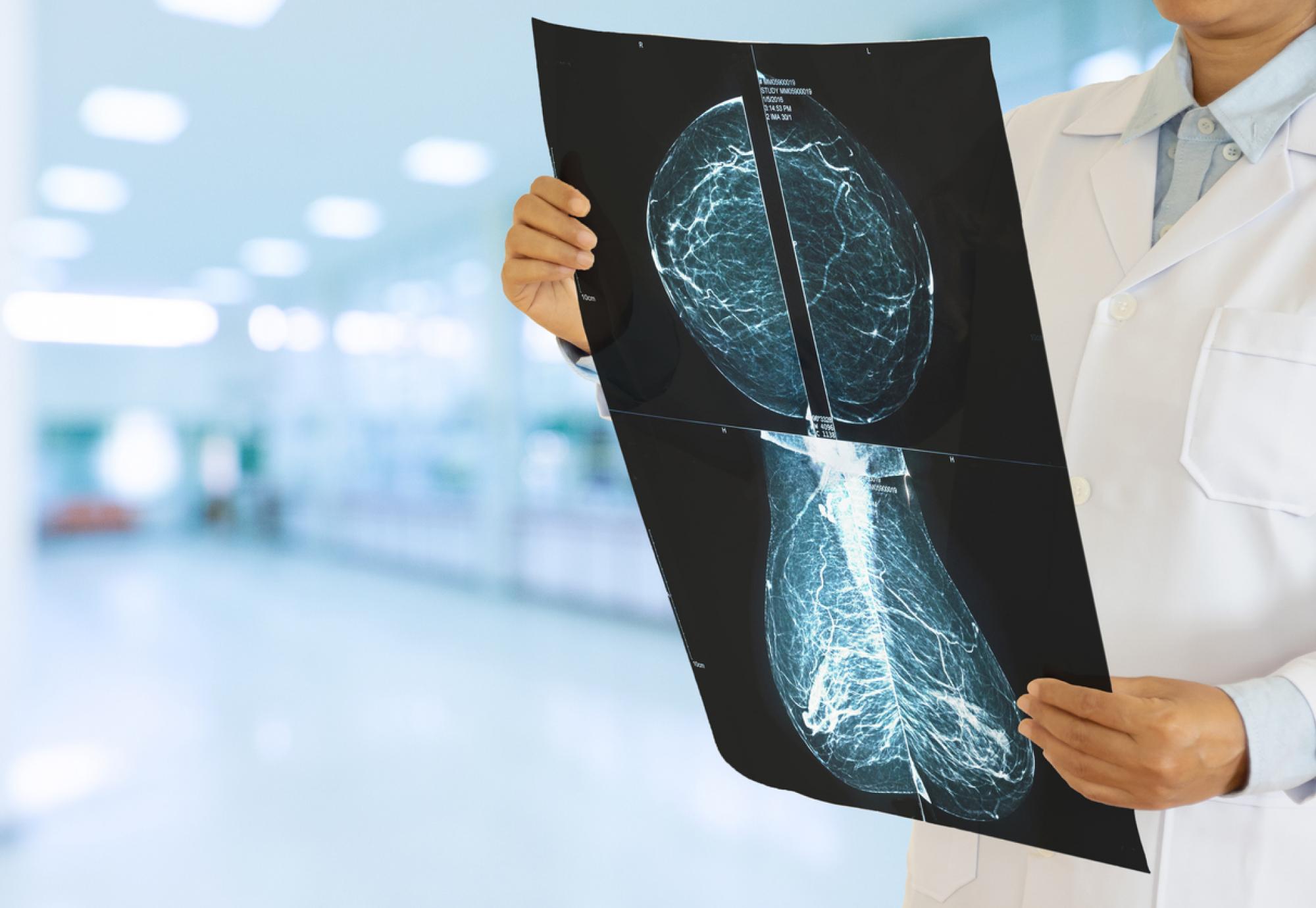Innovative artificial intelligence (AI) software is set to be used in breast cancer screening as part of a ground-breaking new trial in Yorkshire.
The Leeds Investigation of Breast-screening AI (LIBRA) study will be conducted at Leeds Teaching Hospitals NHS Trust after NHS England’s £100m AI in Health and Care Award confirmed the funding for the project.
The programme will involve the evaluation of an AI reader, which will analyse mammograms for signs of cancer. Currently, every mammogram is reviewed by two clinicians and if an agreement can’t be reached a third human reader is brought in.
During LIBRA, if the two health professionals can both agree with the AI that a mammogram is normal, the patient will get the all-clear. If an agreement can’t be reached, additional reviewers will be brought in and the usual arbitration process will proceed.
Researchers hope that, if the study shows promising results, an AI reader could replace one of the two human readers in the standard model of care, which would allow healthcare staff to spend more time with patients and increase clinical activity.
This could help the 30% shortfall in clinical radiologists which is leading to longer waiting times and worse health outcomes, according to the Royal College of Radiologists.
Consultant Breast Radiologist at the trust, and Chief Investigator for the study, Dr Nisha Sharma, said: “The LIBRA study is important because AI will help us to sustain a high quality service in the future. Breast screening isn’t perfect and it is hoped that the LIBRA study will lead to improvements in reviewing mammograms.
“Cancers that present between screening rounds are often quite aggressive and the reason these can be overlooked is because they are not clearly visible on a mammogram. AI works differently to humans and by combining human expertise with technology advances this could lead to earlier detection of cancers and impact positively on women’s lives.
“We will be the first breast screening unit in England to do a prospective study using AI. This is another exciting example of Leeds Teaching Hospitals NHS Trust leading the way in innovation.”
Earlier research that used anonymised datasets indicated the AI reader was “non-inferior” to humans and thus could help relieve workloads by “significant” amounts.
The trial is set to begin later this year as the trust sets about recruiting almost 7,000 women.



















